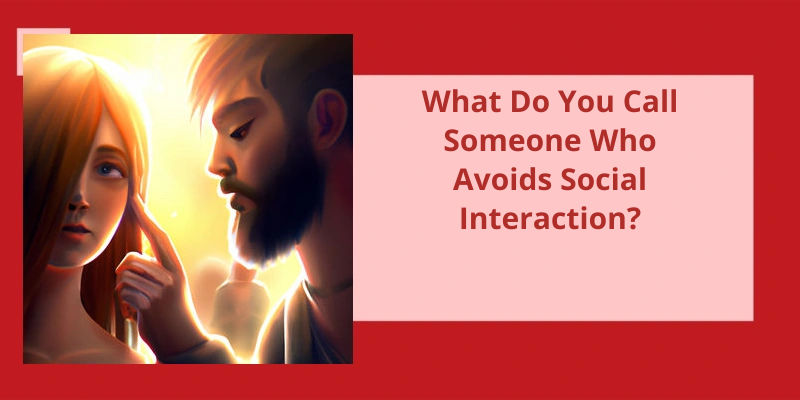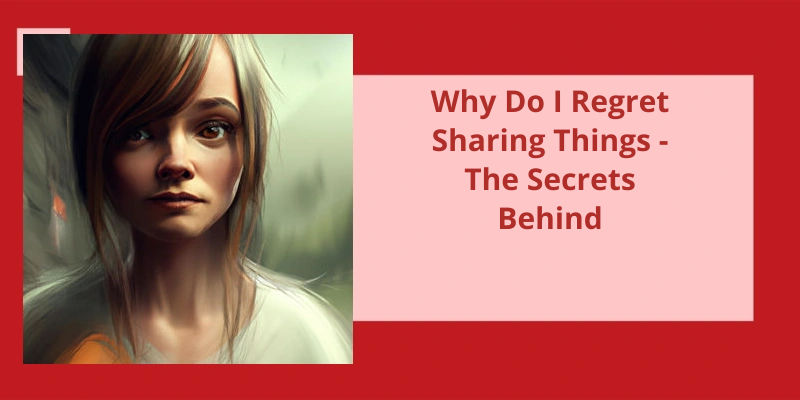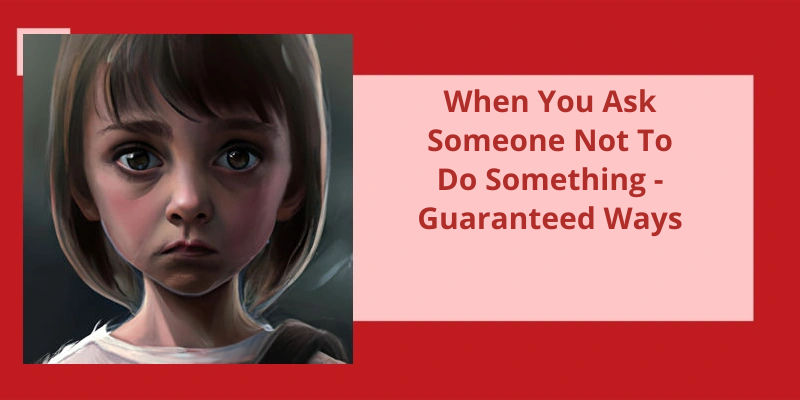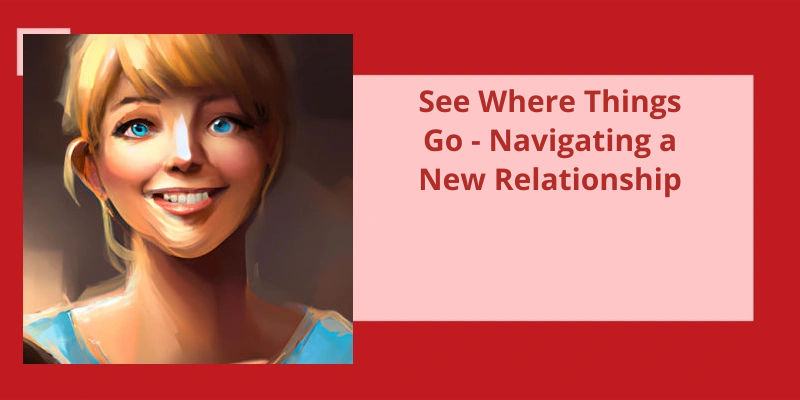Human beings are social creatures by nature. We’ve evolved to thrive in communities, form relationships, and interact with others. However, some individuals don’t possess the same inclination towards socializing as the majority of the population. This tendency can manifest itself in various forms, ranging from shyness and introversion to a complete aversion towards social interaction. In such cases, we often use the terms 'asocial' and 'antisocial' to describe the lack of motivation towards social interaction. But what do these terms mean exactly? And how do they differ from each other? Let’s delve deeper into the nuances of these concepts to shed light on the mystery surrounding those who avoid social interaction.
What Is the Inability to Socialize With Others?
Social anxiety can be debilitating and can interfere with a persons daily life, making it hard for them to establish and maintain relationships, attend social events or even go to work. This type of anxiety can be all-consuming, taking over the individuals thoughts, feelings, and actions. It can cause them to feel embarrassed, judged, and ashamed, leading to a constant fear of being watched or evaluated negatively.
It isn’t something that people can just “snap out of” or overcome with willpower. It typically requires professional help to manage, such as therapy, medication, and self-help techniques. These strategies can help individuals learn to cope with their anxiety and build confidence in social situations gradually.
Moreover, social anxiety, if left untreated, can lead to other mental and physical health problems. For example, when people start avoiding social situations, they may become isolated, lonely, and depressed. They may also develop substance abuse problems or eating disorders as a way to cope with their anxiety. Additionally, untreated social anxiety can lead to difficulty with academic or professional advancement.
In fact, many people experience some level of social anxiety at some point in their lives. However, for some individuals, socializing can feel like an insurmountable obstacle that drains them of energy and causes them to withdraw from social situations altogether. So, what does it mean when someone doesn’t like socializing? Let’s take a closer look.
What Does It Mean When Someone Doesn’t Like Socializing?
The pressure to conform to societal expectations can be overwhelming, and socializing can require a lot of energy and effort. It can be exhausting to always be “on” and engaging, especially for introverted individuals who tend to recharge by spending time alone. Socializing can also be intimidating for those who feel like they don’t fit in or don’t have anything interesting to say.
For some people, socializing can trigger past traumas or experiences of rejection, leading to a fear of being vulnerable and opening up to others. This can create a vicious cycle, as avoiding social situations can reinforce feelings of isolation and loneliness.
Additionally, people may simply have different preferences when it comes to socializing. Some people thrive in large groups and enjoy meeting new people, while others prefer one-on-one interactions or spending time with a few close friends. It’s important not to judge someone for their social preferences and to respect their boundaries.
Ultimately, whether or not someone enjoys socializing is a complex combination of personality traits, past experiences, and current circumstances. However, it’s important to remember that everyone deserves to feel comfortable and safe in social situations, and there’s no shame in seeking support or professional help if social anxiety or other mental health concerns are impacting your life.
It’s not uncommon for people to crave alone time or to enjoy some peace and quiet every once in a while. However, there are some individuals who take this preference to the extreme and actively choose to isolate themselves from others. These individuals are often known as recluses. A recluse is someone who prefers to live alone and go to great lengths to avoid seeing or interacting with other people. In this article, we’re going to explore what leads someone to become a recluse, the different types of recluses, and how society perceives and treats these individuals.
What Do You Call a Person Who Avoids People?
A recluse is defined as an individual who lives in seclusion and tends to avoid interactions or relationships with others. Such a person may prefer solitude and may be content with their own company rather than seeking the company of others.
Recluses often have unique traits and characteristics that are developed over time due to their isolation from others. They may have deep introspective thoughts or unique perspectives on the world that have arisen from their solitary lifestyle. Some recluses may find solace in hobbies or personal interests, such as reading, writing, or art. These activities may provide a sense of fulfillment and joy that isn’t dependent on social interaction.
While it’s important to respect a persons need for privacy and solitude, it’s also important to recognize the potential risks of prolonged isolation. Recluses may be at risk for developing mental health issues such as depression or anxiety due to their lack of social support or stimulation. It’s essential to encourage individuals who exhibit signs of prolonged seclusion to seek help or support from professionals or loved ones.
In popular culture, recluses are often portrayed in a negative light, associated with eccentric or disturbing behavior. However, it’s important to recognize that individuals who choose a life of solitude aren’t inherently dangerous or harmful.
The Difference Between Being Introverted and Being a Recluse
An introverted person may feel drained when interacting with others, but still enjoys socializing and being around people. Meanwhile, a recluse actively avoids social situations and spends much of their time alone.
Source: What word best describes ‘a person that avoids social …
Conclusion
In conclusion, the term used to describe someone who avoids social interaction varies depending on the context and the individual's specific behavior. While the colloquial terms 'asocial' and 'antisocial' are often used interchangeably, it's important to note that they’ve different meanings. Asociality refers to a lack of motivation to engage in social interaction, whereas antisocial behavior refers to a pattern of disregard for other people's rights and feelings. It's crucial to seek professional help if you or someone you know is exhibiting signs of consistent and persistent social avoidance, as it could be indicative of an underlying mental health condition that needs to be addressed.






